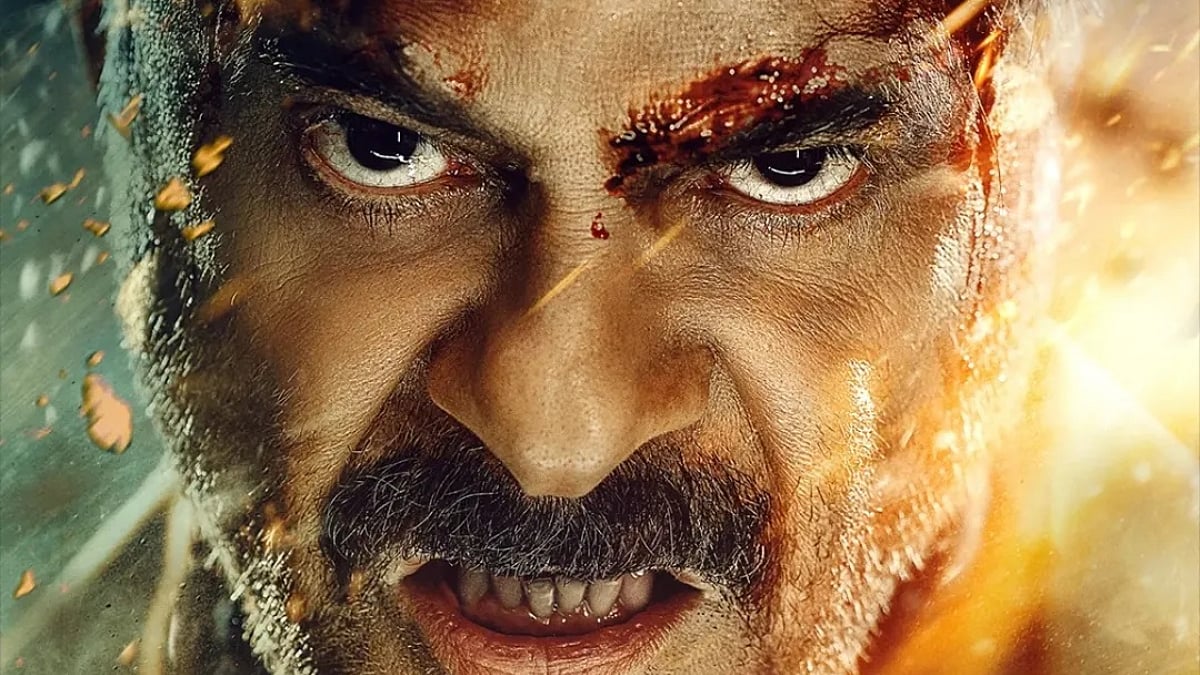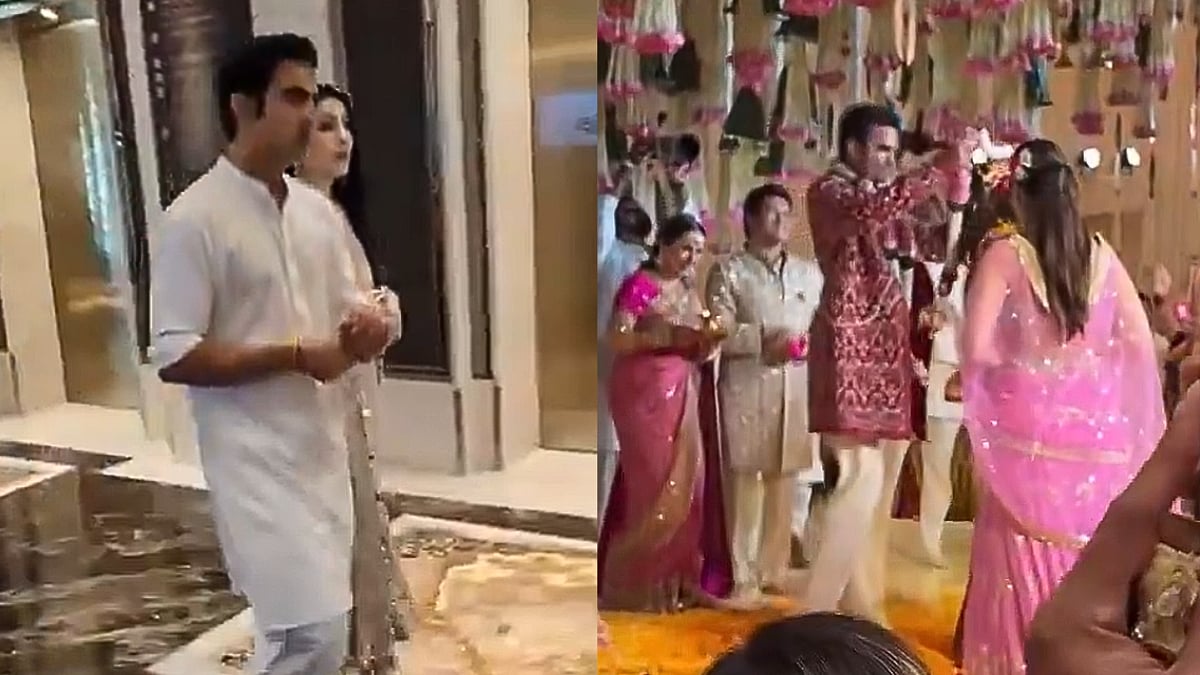In 2014, David Dhawan took a calculated risk of presenting his son Varun Dhawan in a Govinda kind of avatar in Main Tera Hero. The positive response gave them courage of continuing the same and thus the director recreated his own hits from the ‘90s as Judwaa 2 (2017) and Coolie No.1 (2020) with Varun. Interestingly, all these films are remakes of their regional language hits as Kandireega (Telugu/2011), Hello Brother (Telugu/1994) and Chinna Mapillai (Tamil/1993) respectively, with Hello Brother also borrowing a lot from Jackie Chan’s Twin Dragons (1992).
As a noteworthy association, David did 17 films with Govinda beginning with his directorial debut in Taaqatwar (1989) and most of these films were remakes of our Indian regional language movies except a few.
In 1990, a surprise hit Swarg strongly reminded of Avtaar (1983), but it was actually quite close to Mehrbaan (1967) which was a remake of Padikkadha Medhai (Tamil/1960) further having its roots in Jog Biyog (Bengali/1953).
The 1993 blockbuster Aankhen was inspired from Anubavi Raja Anubavi (Tamil/1967), which was later recreated in Kannada as Kittu Puttu (1967), in Hindi as Do Phool (1973) and in Marathi as Changu Mangu (1990).
Post the mega success of Shola Aur Shabnam and Aankhen, the director-actor duo was on a roll resulting in a chain of hits. In 1994, their Raja Babu was inspired from Rasukutty (Tamil/1992). Coolie No.1 (1995) took inspiration from Chinna Mapillai (Tamil/1993), along with bringing back the memories of Gol Maal (1979). Saajan Chale Sasural (1996) was a remake of Allari Mogudu (Telugu/1992) and Banarasi Babu, which wasn’t any big success in 1997, was based on Pattikada Pattanama (Tamil/1972) with its plot written on the lines of Shakespeare’s The Taming of the Shrew.

Govinda and Karisma Kapoor in Raja Babu |
In 1997, Deewana Mastana, the film dedicated to Manmohan Desai, partially borrowed its plot and a few sequences from an English comedy What About Bob? (1991). Hero No.1 releasing in the same year was a kind of revised version of Bawarchi (1972) having its roots in Bengali film Galpo Holeo Shotti (1966), which in turn reminded of English classic My Man Godfrey (1936). It also had a sequence taken from one of the episodes of English TV series Mr. Bean.
Bade Miyan Chhote Miyan, the much publicised project of 1998 with Amitabh and Govinda, clearly pointed towards Shakespeare’s The Comedy of Errors along with similarities with Hollywood hit Bad Boys (1995). The subject was earlier adapted in Do Dooni Chaar (1968) and Angoor (1982).
One of the most appreciated comedies, Haseena Maan Jayegei released in 1999, was heavily inspired from the hit Pyar Kiye Jaa (1966), which was itself a remake of Kadhalikka Neramillai (Tamil/1964). Plus, here too we had a scene inspired from the TV Series Mr. Bean.
Stepping into the new millennium, Kunwara (2000) was a remake of Bavagaru Bagunnara (Telugu/1998) that was reportedly based on the English film A Walk In The Clouds (1995).

Govinda, Sushmita Sena and Rambha in Kyo Kii...Main Jhuth Nahin Bolta |
In 2001, Jodi No.1 made the viewers recall the basic premise of Do Aur Do Paanch (1980), along with resemblances with Haseena Maan Jayegi generating the feeling of deja-vu. In the same year, Kyo Kii...Main Jhuth Nahin Bolta clearly took a lot from Jim Carrey’s Liar Liar (1997). In 2003, Ek Aur Ek Gyarah had a sub-plot inspired from English comedy Dirty Rotten Scoundrels (1988) that was a remake of the classic Bedtime Story (1964). Incidentally, the same sequence has been adapted in several other Hindi films, including David’s own Rascals (2011).
In 2007, their Partner got caught in a controversy for its similarities with American film Hitch (2005), but it also reminded of the ‘Love Guru’ seen in Chhoti Si Baat (1976). However, even Chhoti Si Baat took clear inspiration from School For Scoundrels (1960).

Salman Khan and Govinda in Partner |
The controversial ‘inspired status’ of Partner yet again got repeated in their last film together Do Not Disturb (2009), that was loosely based on a 2006 French film The Valet.
The above is a brief account of the films of David-Govinda duo, the hit director-actor combine, and their inspirations. They were at their peak in the ‘90s and entertained the viewers of Hindi cinema like nobody else.
(The writer is a critic-columnist, an explorer of cinema and author of 'Did You Know' series on Hindi films also active at bobbytalkscinema.com)





